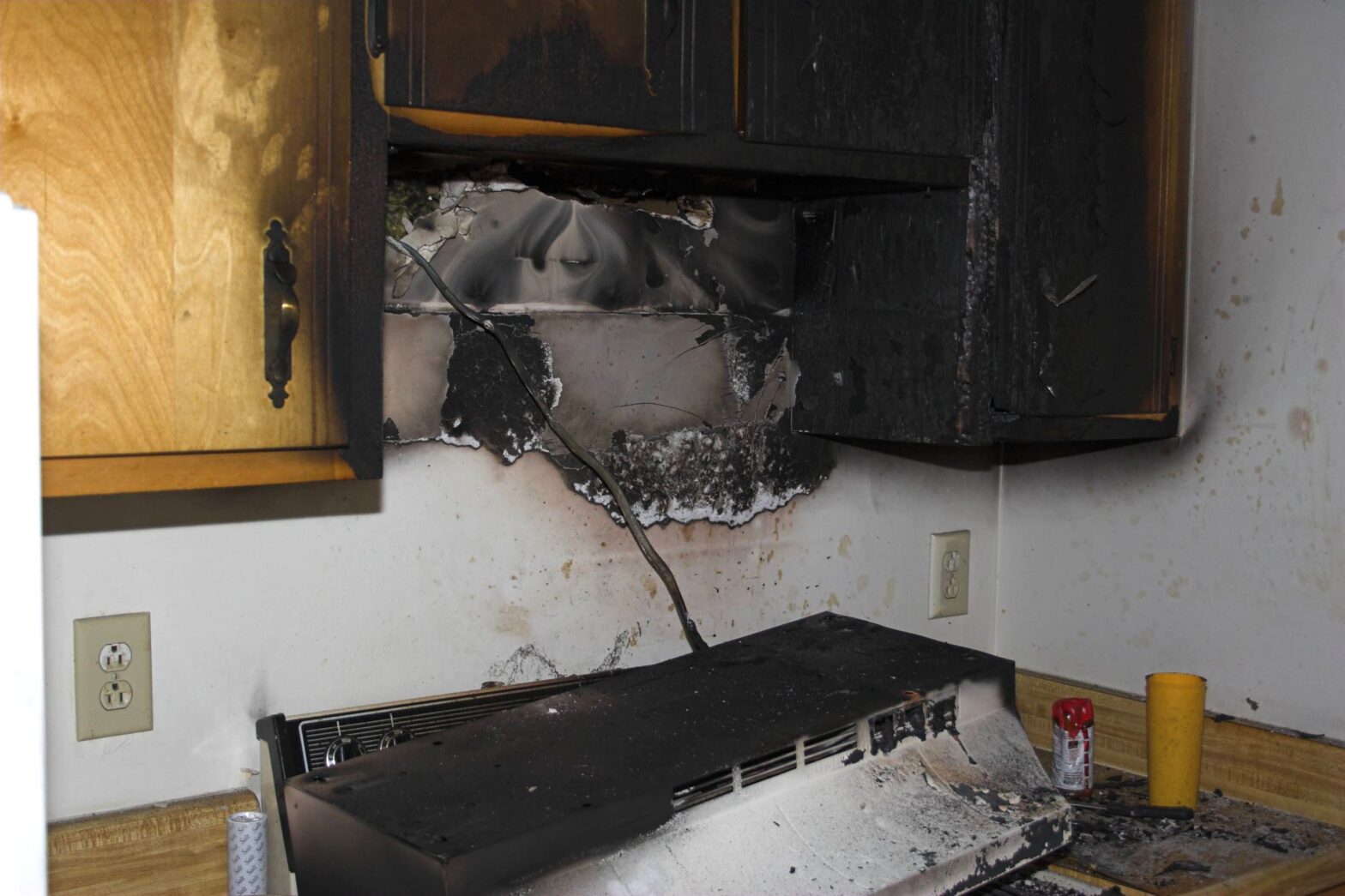Dealing with an Accidental Fire Caused by a Tenant: The Importance of Landlord Insurance
August 25, 2023
Imagine this: You get a distressing call informing you that there’s been a fire at your rental property. You later find out it was caused by a tenant’s negligence. An accidental fire caused by your tenant not only endangers lives but can also result in significant property damage. As a landlord, how do you handle this situation? One word: Preparedness.
Accidental Fire Caused by a Tenant: What Every Landlord Needs to Know
1. Immediate Response: Safety First
Upon hearing about the fire:
- Contact emergency services immediately. Ensure everyone is safe and that the fire has been extinguished. Your tenant’s safety is paramount.
- Secure the property. Once the immediate threat has been dealt with, it’s vital to ensure the property is secured to prevent theft or additional damages.
2. Understand the Cause: Was It an Accident?
Accidental fires can happen due to various reasons:
- Cooking mishaps: Leaving stoves unattended, oil spills, etc.
- Electrical issues: Faulty wiring, overloaded circuits, or the misuse of electronic devices.
- Carelessness: Leaving candles unattended or smoking indoors.
Determine the cause to address the issue appropriately, ensuring it doesn’t happen again in the future.
3. Document Everything
- Photographs and Videos: Take photos and videos of the damage. This will be crucial for insurance claims and any potential legal matters.
- Statements: Collect statements from the tenant(s) involved, neighbors, and any witnesses about what occurred.
- Record keeping: Maintain a record of all communications, expenses, repair quotes, and actions taken during this time.
4. The Critical Role of Insurance
This brings us to one of the most crucial safeguards for landlords – insurance. Here’s why it’s indispensable:
- Coverage for Property Damage: A good landlord insurance policy will cover the repair and replacement costs resulting from accidental fires.
- Loss of Rent Coverage: If your property becomes uninhabitable due to fire damage, your insurance can cover the lost rental income for a specified period.
- Liability Coverage: If a tenant or their guest gets injured due to the fire, liability coverage can help cover medical expenses and potential legal fees.
5. Discussing the Situation with the Tenant
Communication is key:
- Discuss the Cause: Understand from the tenant what led to the fire. It’s essential not just for insurance and potential legal purposes but also for ensuring a repeat doesn’t occur.
- Responsibility: Depending on the terms of the lease agreement, the tenant may be held financially responsible if their negligence caused the fire. It’s a delicate matter and should be approached with understanding and empathy.
- Rehousing: Depending on the extent of the damage, the tenant might need temporary housing. Some insurance policies may help cover these costs.
6. Restoration and Moving Forward
After the immediate concerns have been addressed:
- Professional Cleanup: Depending on the extent of the damage, you might need a professional cleanup crew to handle smoke, water, and fire damage.
- Repairs: Engage trustworthy contractors to restore the property. Always ensure their work is up to code and meets safety standards.
- Fire Safety Measures: Post-incident, reevaluate the fire safety measures in place. This could be a good time to upgrade smoke alarms, provide fire extinguishers, and even hold a brief fire safety session with your tenants.
Bottom Line
Accidental fires can be distressing, but with the right insurance in place and a systematic approach to dealing with the aftermath, landlords can navigate these challenges effectively. Regularly reviewing and updating your insurance policy, staying informed about fire safety, and maintaining open communication with tenants is pivotal. Remember, while properties can be restored, lives cannot – always prioritize safety.
Resources for Landlords:
